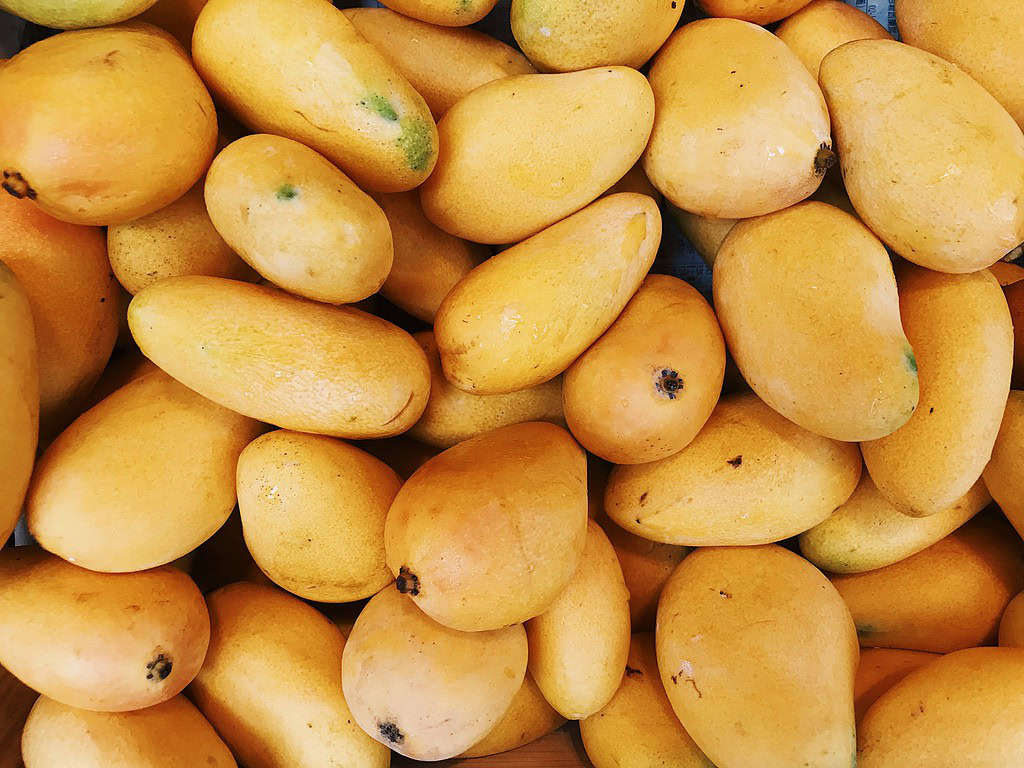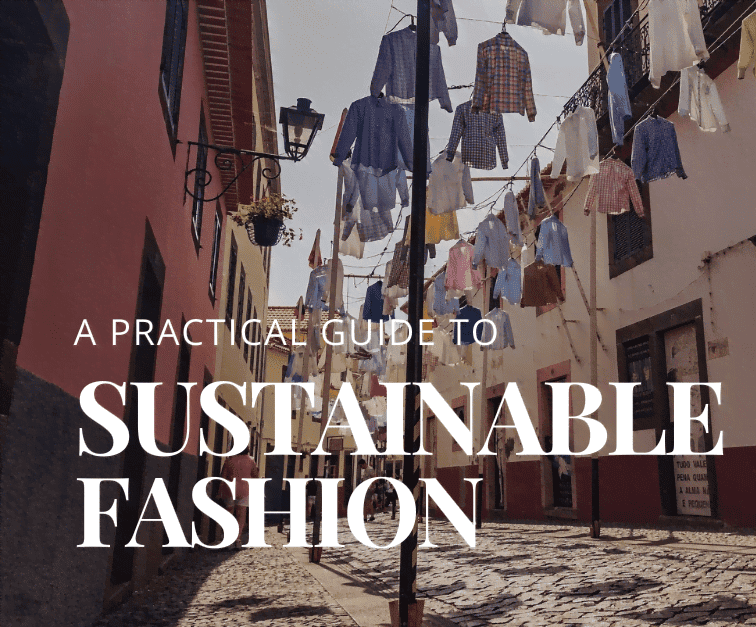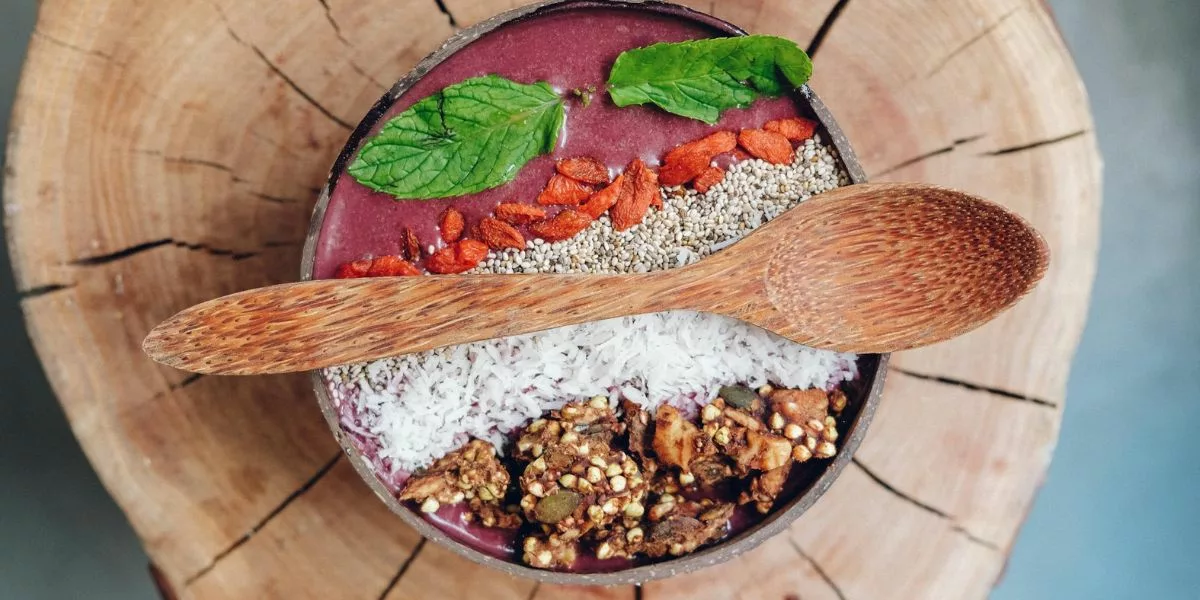The question, “Can You Eat Mango Skin?” stirs considerable curiosity, especially among eco-conscious consumers. This topic is not just about taste or health but also ties into sustainable living. As we explore this intriguing subject, we delve into the nutritional profile, safety considerations, and environmental impacts of consuming mango skin.
Can You Eat Mango Skin? What the Experts Say
Experts from various fields, including nutritionists and environmentalists, offer diverse opinions on eating mango skin. While some highlight its nutritional benefits, others caution against potential risks. It’s essential to consider these expert insights to form a well-rounded view. So, can you eat mango skin if it’s ripe or unripe? Let’s find out.
Unlock Your Savings with Exclusive Offer Coupons
Save big while shopping for sustainable products! Grab your exclusive coupons today!

The Nutritional Value of Mango Skin
Mango skin is more than just a wrapper for the delicious fruit inside. It’s a powerhouse of nutrients, including vitamins, antioxidants, and fiber. These components are not only beneficial for health but also add to the fruit’s overall nutritional value.
Vitamins and Antioxidants: Mango skin is rich in vitamins A, C, and E, along with antioxidants that help fight free radicals.
Fiber Content: The skin contains a significant amount of dietary fiber, beneficial for digestion and overall health.
Risks and Drawbacks
Despite its nutritional benefits, there are potential risks associated with eating mango skin.
Pesticide Residues: Mangoes, like many fruits, are often sprayed with pesticides. Proper washing and preparation are crucial to minimize these residues.
Allergic Reactions: Some individuals might experience allergic reactions to compounds in mango skin, similar to poison ivy.
Also Read: Can You Eat Acorn Squash Skin? An Easy Zero-Waste Guide

Can You Eat Mango Skin for Added Nutrition?
The answer is, yes! Here are some creative ways to use mango skin in your recipes. Incorporating mango skin into your diet can be both nutritious and environmentally friendly. Check out our innovative ideas:
Mango Skin Smoothie: Blend mango skin with other fruits for a nutrient-packed smoothie. The skin adds fiber and a unique flavor profile to your morning drink.
Mango Skin Chips: Bake mango skin strips until crispy for a unique snack. Season them with a pinch of salt or your favorite spices for an extra kick.
Mango Skin Chutney: Use mango skin as a base for a tangy chutney, perfect with grilled dishes or as a spread on sandwiches.
Mango Skin Tea: Boil mango skin in water, strain, and enjoy a refreshing tea. You can add honey or mint for additional flavor.
Mango Skin Salad Topping: Julienne mango skin and add it to salads for a burst of color and a fibrous texture.
Mango Skin Jam: Combine mango skin with sugar and pectin to create a delightful homemade jam.
Mango Skin Pickle: Pickle mango skin with vinegar, sugar, and spices for a tangy addition to your meals.

User Experiences and Opinions
Personal experiences with eating mango skin vary. Some find the taste and texture appealing, while others prefer to avoid it.
For those who prefer not to eat mango skin, you can simply enjoy the fruit. Use efficient methods to peel mangoes without wasting the flesh or discover recipes that use mango flesh in innovative and delicious ways.
Conclusion
In conclusion, whether to eat mango skin is a personal choice influenced by nutritional benefits, potential risks, and individual taste preferences. As we strive for a sustainable and health-conscious lifestyle, understanding and respecting diverse dietary choices is key.
For healthy eating and zero-waste kitchen guides, explore our sustainable blog!
Read Next: Can You Eat Raw Tofu? The Ultimate Truth
FAQs
Can you eat mango skin and is it safe?
Yes, it is generally safe, but considerations like pesticide residue and allergies should be taken into account.
What does mango skin taste like?
Mango skin has a slightly bitter and fibrous texture, which some people find appealing.
Can eating mango skin cause allergic reactions?
Yes, in some individuals, compounds in mango skin can trigger reactions similar to poison ivy.
Can you include mango skin in recipes, such as smoothies or salads?
Absolutely! Mango skin can be a nutritious addition to various recipes, adding texture and flavor.
Make every meal sustainable!
Subscribe for delicious, eco-friendly food tips and grab your free guide to green grocery shopping.















